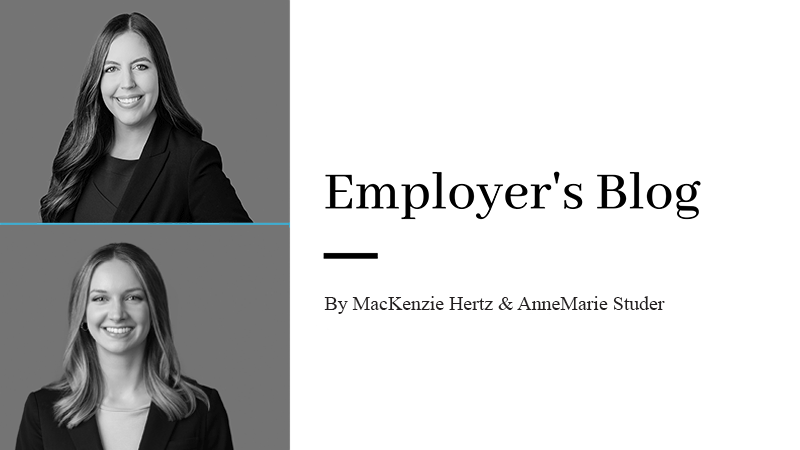
Nov 18, 2024
Is this déjà vu? On Friday (November 15, 2024), the U.S. District Court for the Eastern District of Texas found the U.S. Department of Labor (DOL) unlawfully exceeded its authority under the federal Fair Labor Standards Act (FLSA) in all three components of its rule increasing the minimum salary required for “white collar” exemptions to minimum wage and overtime requirements. As such, the federal court struck down the rule nationwide. In issuing its opinion, the Court barred not only the increase to the salary threshold scheduled for January 1, 2025, but also vacated the prior increase from July 1, 2024.
Background
Under the FLSA, employees are entitled to overtime pay for all hours worked in excess of 40 hours in a given workweek, unless they are classified as “exempt.” Employees may be classified under the executive, administrative, and professional exemptions (the so-called “white-collar exemptions”) if they both (1) are compensated on a salary basis at a rate exceeding the applicable salary threshold and (2) perform exempt duties.
In April 2024, the U.S. DOL issued final regulations, raising the salary threshold from $684/week ($35,558 annually) to $844/week ($43,888 annually) on July 1, 2024, and $1,128/week ($58,656 annually) on January 1, 2025. The new rule also increased the threshold for highly compensated employees.
See our previous blog posts for more information here: Federal Agencies Issue Final Rules Banning Non-Compete Agreements and Amending Overtime Rules
On November 15, 2024, the federal court invalidated those increases, restoring the $684/week ($35,558 annual) salary threshold.
Some are calling this déjà vu as the Obama administration’s 2016 rule, which also attempted to increase the salary threshold, experienced a similar fate.
What Does this Mean for Employers?
The prior salary threshold for the white-collar exemptions is reinstated, meaning that employers may continue to classify such employees as exempt under federal law, so long as they earn at least $684/week ($35,568.00 annually) and satisfy the applicable duties test. In other words, the pre-July 1, 2024, standard is back in place.
Employers, however, should watch closely for any appeals of the federal court’s ruling as well as be mindful of any heightened exemption requirements under state law. Even if an appeal quickly could reverse the latest ruling, a new Trump administration takes over on January 20, 2025, and if history can be trusted to predict the future, it is likely that administration would, at a minimum, drastically scale back the rule.
Contact Vogel Law Firm’s Employment & Labor team with questions about the implications of this ruling on your business.
Authors: MacKenzie Hertz and AnneMarie Studer
